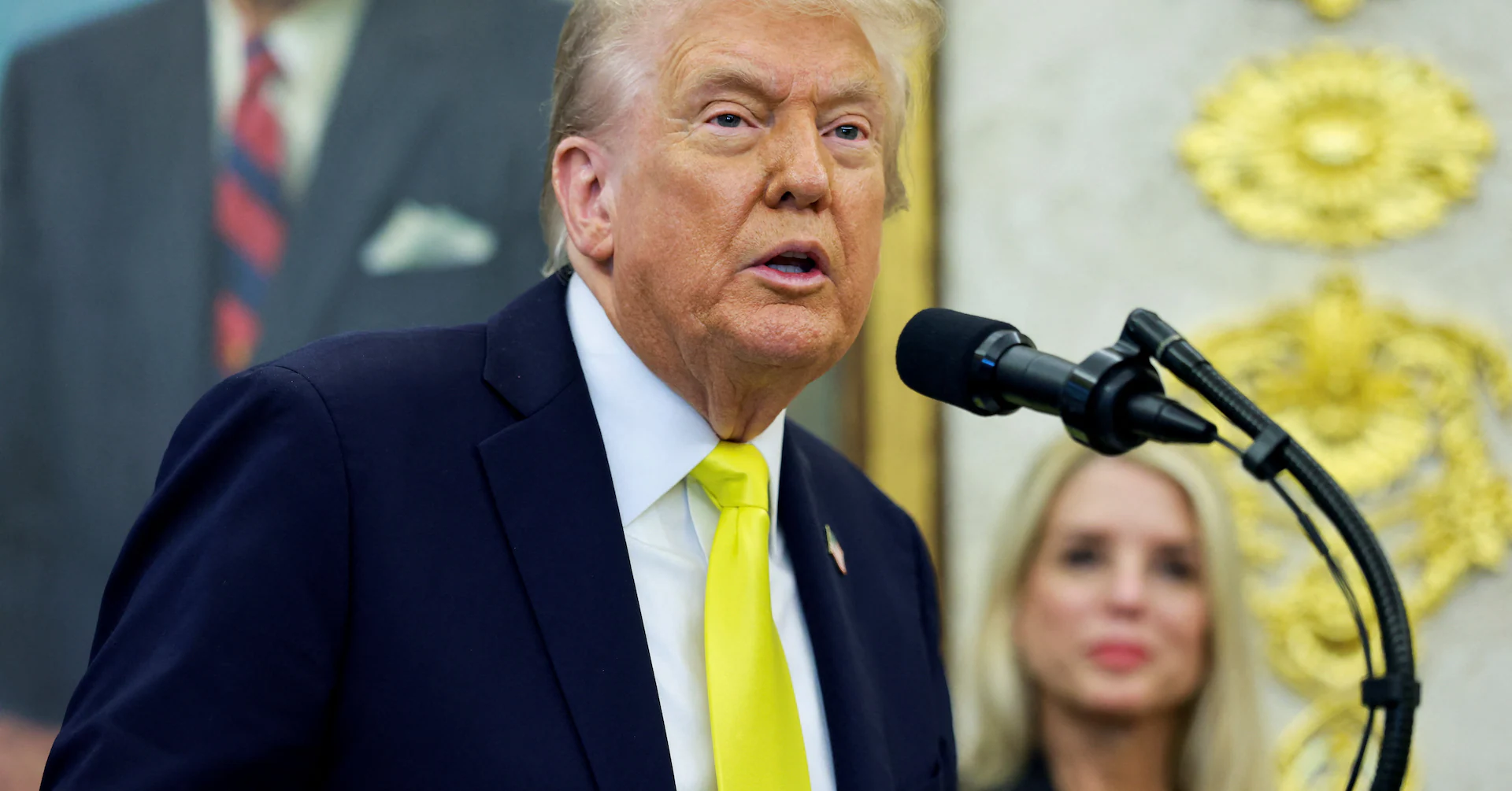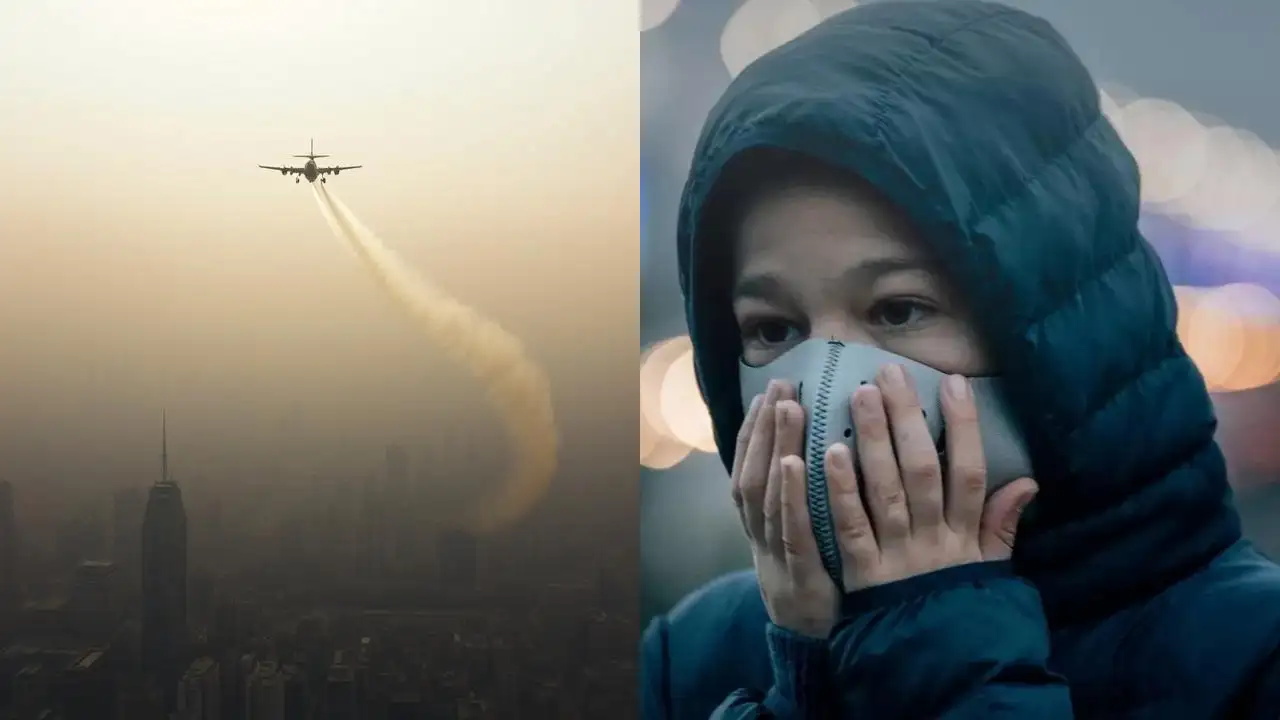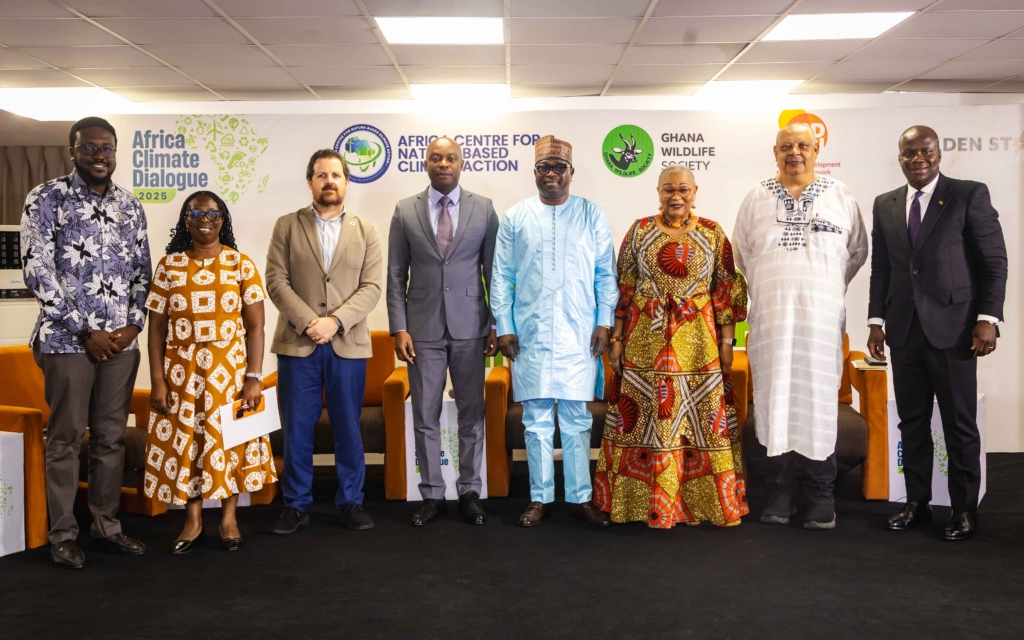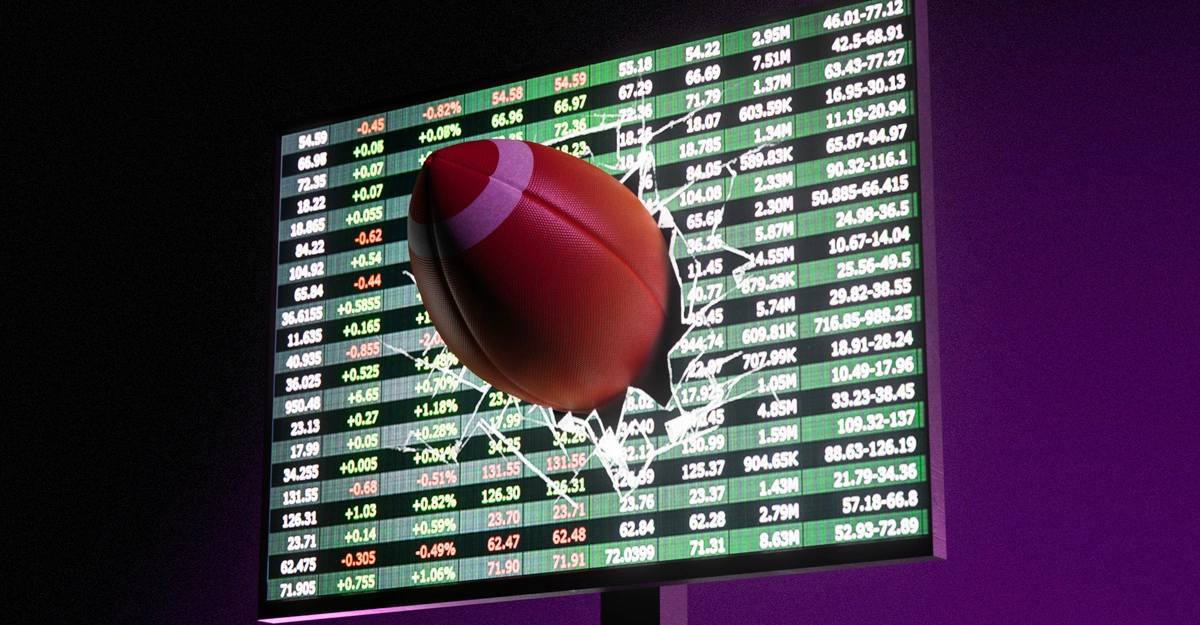Copyright reuters

CompaniesFreeport-McMoRan IncRio Tinto LtdRio Tinto PLC WASHINGTON, Oct 24 (Reuters) - U.S. President Donald Trump on Friday reversed a Biden-era air pollution rule that had imposed stricter limits on emissions from copper smelters. The copper rule, finalized in May 2024, had required smelters to curb pollutants including lead, arsenic, mercury, benzene and dioxins under updated federal air standards. Trump's proclamation grants a two-year exemption from compliance for affected stationary sources, which the White House said would help promote American mineral security by reducing regulatory burdens on domestic copper producers. Advertisement · Scroll to continue "Imposing these requirements on such a limited and already strained domestic industry risks accelerating further closures, weakening the Nation’s industrial base, undermining mineral independence, and increasing reliance on foreign-controlled processing capacity," the White House said in announcing the changes. The proclamation referenced the two copper smelters in the United States, one operated by Freeport-McMoRan (FCX.N), opens new tab and the other by Rio Tinto (RIO.L), opens new tab. It stated the order would apply to Freeport’s smelter and it was not immediately clear how it would affect Rio Tinto’s facility. Phoenix-based Freeport thanked Trump and said the two-year exemption shows copper's importance for national security. Advertisement · Scroll to continue "This action acknowledges the operational realities facing domestic copper smelting and provides needed time to assess and plan for appropriate regulatory reconsideration of the Copper Rule and future implementation," a Freeport spokesperson said. Rio did not respond to a request for comment. Trump signed an executive order earlier this year that identified copper as a critical material for defense, infrastructure and emerging technologies, including clean energy and electric vehicles. It led to a Section 232 investigation to determine whether copper imports threaten U.S. national security, particularly due to dependence on a small number of foreign suppliers. Following the review, the administration imposed a 50% tariff on certain imported copper and mandated that an increasing percentage of high-quality scrap copper produced in the U.S. be sold domestically. Ad Break Coming Up NEXT StayNext OffEnglish 180p288p360p480p540p576p720pHD1080pHDAuto (180p) About ConnatixV2118549215 About ConnatixV2118549215 Continue watchingafter the adVisit Advertiser websiteGO TO PAGE Reporting by Jasper Ward; Editing by Costas Pitas, Sam Holmes and Tom Hogue Purchase Licensing Rights Ernest ScheyderThomson ReutersErnest Scheyder is a senior correspondent covering critical minerals and the global energy transition, as well as the author of "The War Below: Lithium, Copper, and the Global Battle to Power our Lives," which was longlisted for the 2024 National Book Award and was named the American Energy Society’s Energy Book of the Year. He previously wrote about the U.S. shale revolution – drawing on a two-year stint based in oil-rich North Dakota – as well as politics and the environment. A native of Maine, Scheyder is a graduate of the University of Maine – where he was named a distinguished alumnus in 2021 – and Columbia Journalism School.EmailXLinkedin



